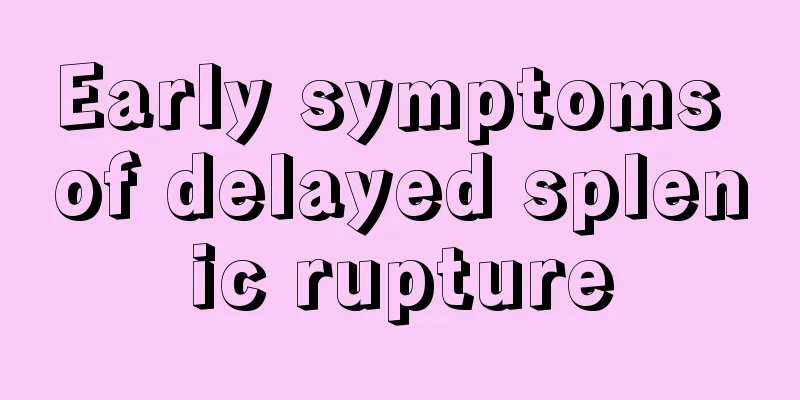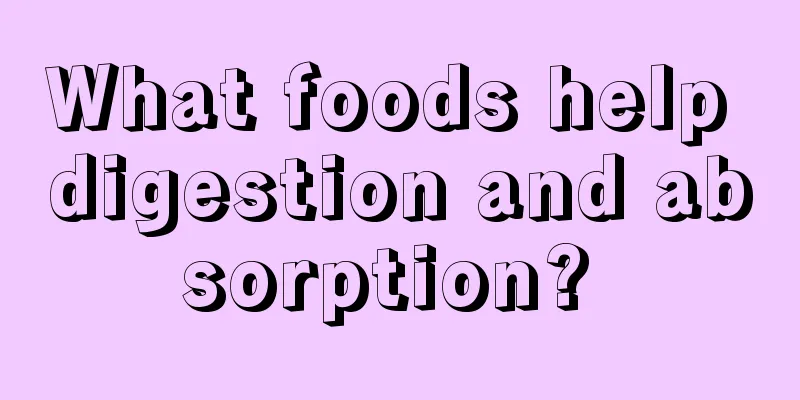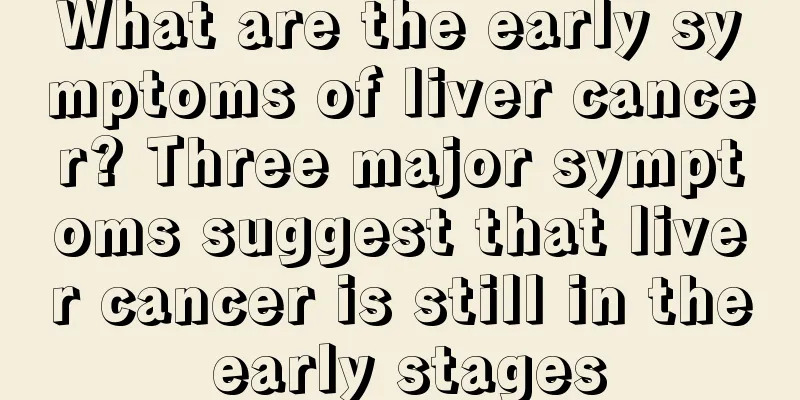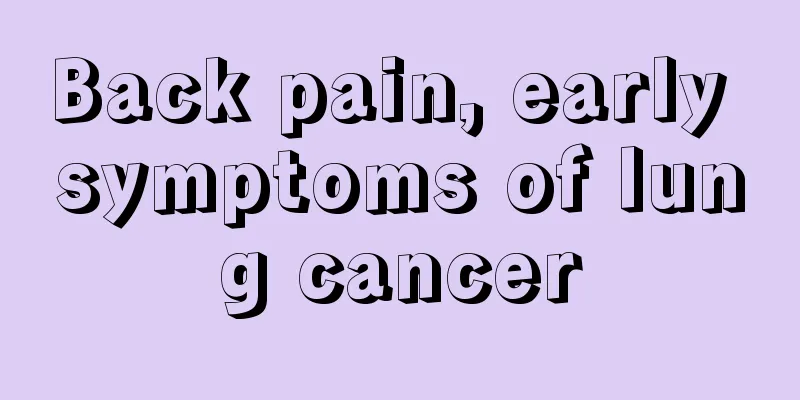Treatment of cardiopulmonary failure

|
The heart and lungs are both very important organs in the human body. As people age, their immunity decreases and their body functions deteriorate, which may lead to symptoms of cardiopulmonary failure. Aging is not the only cause of cardiopulmonary failure. If a person is overworked, works, studies, etc. for a long time, it may cause their body functions to age prematurely and lead to cardiopulmonary failure. The following mainly introduces its treatment method. Treatment: 1. Actively treat lung infections. 2. Expectorant and sputum drainage: Use drugs such as ambroxol hydrochloride to dilute sputum; regularly turn over, pat the back, change body position and suction sputum to promote the discharge of secretions; bronchoscope can be used for suction if there is sputum congestion or obvious aspiration. 3. Nutritional support: Give easily digestible, nutritious food or nutrient solution to maintain water and electrolyte balance. Those who cannot receive enteral nutrition can receive parenteral nutrition. 4. Hypoxemia: Continuous low-flow oxygen inhalation should be given, and mechanical ventilation should be performed with adjusted parameters and ventilation mode; dynamic monitoring of blood gas analysis should be performed, and it is best to keep the oxygen partial pressure above 60 mm Hg (1 mm Hg = 0.133 kPa). 5. Symptomatic treatment: If the body temperature is greater than 38°C, give antipyretics (drugs or physical cooling), replenish fluids, and relieve cough and asthma. Dietary considerations for patients with cardiopulmonary failure 1. Diet should be regular. You should eat on time to ensure adequate nutrition. Avoid overeating to ensure that your stomach can function regularly. 2. If you don’t have time to eat, you should stock up on some snacks to fill your stomach when you’re hungry. 3. Limit sodium salt intake: Choose a low-salt, salt-free, or low-sodium diet to prevent and reduce edema. A low-salt diet means consuming less than 2 grams of salt per day, and the salt content of staple and side dishes throughout the day should be less than 1400 milligrams. A salt-free diet means that no salt or soy sauce is added during cooking, and the salt content in the main and side dishes throughout the day is less than 600 mg. A low-sodium diet requires that no salt or soy sauce be added during cooking, and that the sodium content of all main and side dishes throughout the day is less than 500 mg. When taking large amounts of diuretics, you can increase your salt intake appropriately. 4. Eat small meals frequently, 5 to 6 meals a day, to avoid overeating which may cause excessive gastrointestinal distension, increase the burden on the heart, and induce adverse consequences such as arrhythmia or angina pectoris. 5. Supply fat in moderation, because fat is high in heat energy, affects digestion, stays in the stomach for a long time, and causes stomach bloating and discomfort. Too much fat can also inhibit gastric acid secretion and affect digestion. 6. Take in an appropriate amount of protein, with a total daily intake of 50 to 75 grams. When heart failure is more severe, it is advisable to consume 0.8 grams per kilogram of body weight per day. Because protein foods have a high special dynamic effect, they may increase the body's metabolic rate and affect the recovery of heart failure. Protein intake should be restricted to varying degrees. 7. Eat more fresh vegetables, hawthorn, pears, bananas, strawberries, oranges, etc. to supplement sufficient vitamins, protect myocardial function and enhance body resistance. 8. Pay attention to supplementing potassium and magnesium. You should choose foods rich in potassium, such as Sichuan winter vegetables, seaweed, dried mushrooms, water chestnuts, red dates, and cereals and other potassium-rich foods. 9. Avoid eating raw or cold food. Because cold foods such as ice cream, popsicles, frozen fruit, iced drinks, etc. can block the chest yang, produce phlegm and dampness, thereby aggravating symptoms such as cough, asthma, sputum, and palpitations in patients with cor pulmonale. 10. Fishy and smelly foods such as rubber fish, yellow croaker, hairtail, eel, black fish, shrimp, crab, etc. can breed phlegm and dampness, which have obvious adverse effects on the recovery of patients with cor pulmonale and should be avoided. |
<<: Are there many dangers of laser therapy devices?
>>: Treatment methods for removing white spot wind
Recommend
How to tell whether the baby has indigestion or a cold
If a child's diet is not correct, it is parti...
What are the symptoms of kidney deficiency? Early detection and early treatment
In daily life, kidney deficiency is one of the is...
How to quickly reduce lip swelling
Although the lips are a very small organ, their r...
My eyes are a little blurry
If the eyes seem a little blurry when it happens ...
Eating too much celery will make your skin more susceptible to tanning!
【gossip】 Celery contains photosensitive substance...
How to improve cardiopulmonary function
The high and low cardiopulmonary function is rela...
Is it good to exercise in the morning?
In our lives, many people like fitness very much,...
How to wash down jackets
When winter comes, people take out thick and warm...
What are the diagnostic methods for liver cancer? 5 diagnostic methods for different types of liver cancer
What are the diagnostic methods for liver cancer?...
What are the classifications of bone and joint diseases?
All human movements depend on the support of bone...
What are the routine examination items for tongue cancer
What are the routine examination items for tongue...
What are the effects and functions of white chalcedony?
There are many types of chalcedony, including whi...
Does drinking beer and eggs together improve sexual performance?
Many people believe that adding raw eggs to beer ...
What to do if you don't feel like working
If a person has no energy to do anything and is i...
What is the reason for frequent itchy throat
It is impossible for a person to survive in the w...









